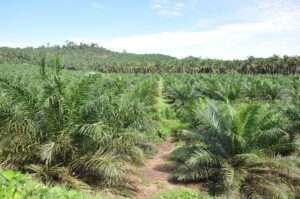Malaysia to monitor curbs on palm biofuel after WTO ruling

A WTO adjudicating panel, in its first ruling related to deforestation, rejected Malaysia's claims against the EU decision, but accepted its complaints over how the measures had been prepared, published and administered, Reuters reported.
The EU will need to make adjustments, but need not withdraw its measures, following the WTO ruling.
The Malaysian government will monitor any changes to the EU's regulations to bring it into line with the WTO's findings, and pursue compliance proceedings if necessary, Plantations and Commodities Minister Johari Abdul Ghani said.
Malaysia, the world's second largest producer of palm oil, has described the EU's renewable energy directive as discriminatory, and in 2021 asked the WTO to examine the rules restricting the bloc's use of palm oil-based biofuels.
Under the regulations, palm oil-based fuels can no longer be considered as renewable transport fuel and are to be phased out by 2030, as the EU has determined that palm oil cultivation resulted in excessive deforestation.
Johari said the WTO report found fault with the EU’s rules on indirect land use change to ban palm oil biofuels, and with the bloc's approach to notifying and consulting with other economies when introducing new trade measures.
"This ruling from the WTO demonstrates that Malaysia's claims of discrimination are indeed justified," he said.













